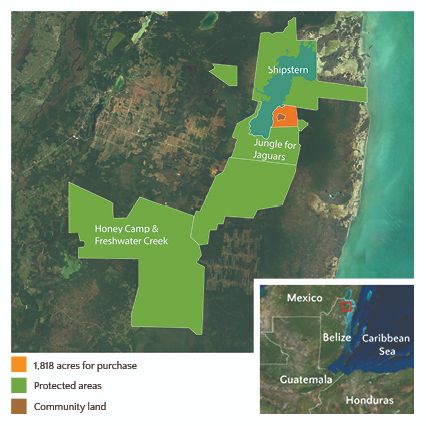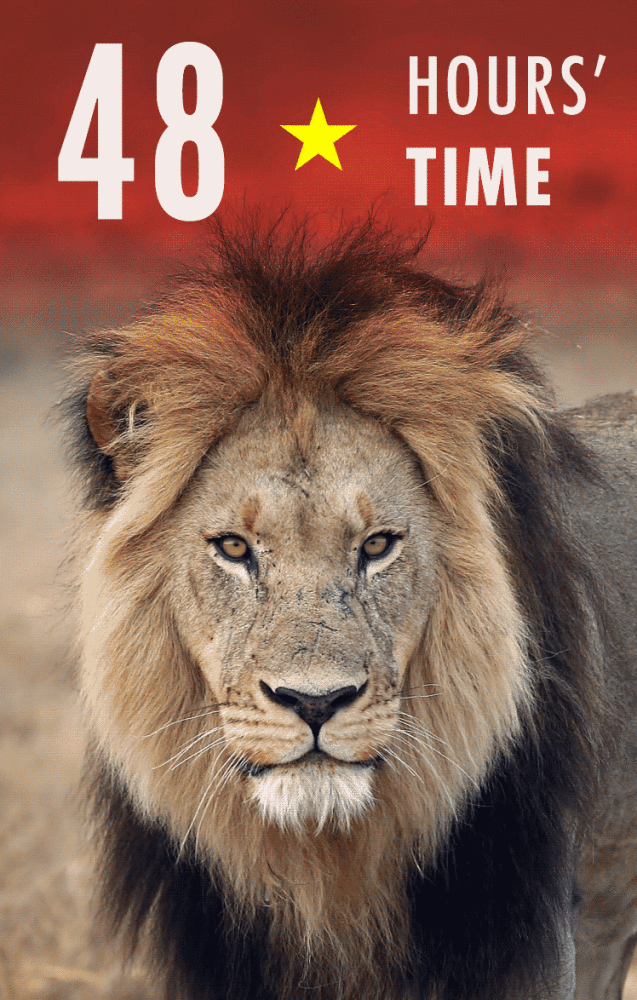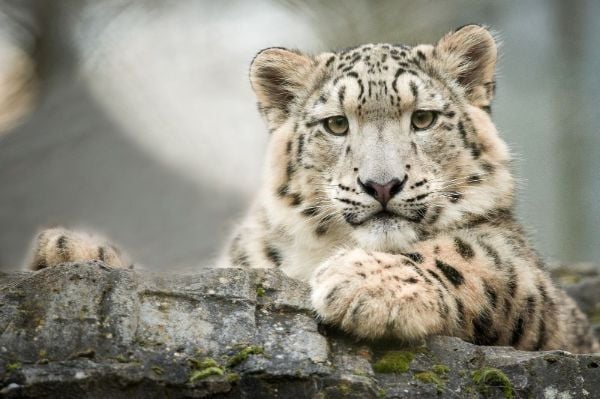IFAW team works to help jaguars and reduce human-wildlife conflict
Posted on
|
A key way forward to ensure the survival of wildlife is to work with people. And the work IFAW are doing for jaguars in the Americas is a great example. Joaquin de la Toore Ponce, Dr Erika Flores and Polen Cisneros are working right on the front lines to protect biodiversity in this part of the world. Jaguars are top predators in their environment. They help maintain a balanced food web and promote biodiversity. Lose the jaguar – and hundreds of other species could be threatened as well such as deer, peccaries and capybaras who would overpopulate without jaguars. This could have a devastating impact on landscapes and wildlife. Jaguar numbers plummeted during the twentieth century, thanks to hunting and agricultural development. They are an elusive big cat, so it’s difficult to know exact jaguar numbers – but one thing is for certain, conservationists are sure that the jaguar is at tipping point. So how are IFAW helping jaguars? They are working with people across the community to tackle problems: Working with local communities, to tackle the problem of local dogs attracting the jaguars The problem: As the jaguars attacked their dogs, so the people retaliated and killed the jaguars. Human-wildlife conflict developed. And there was the danger of the big cats getting deadly diseases such as canine distemper from dogs who weren’t vaccinated; a dog killed by a jaguar and brought home to feed cubs on, could wipe out a jaguar family, if they had such a disease.
Working with law enforcement agencies to tackle the illegal wildlife trade The problem: There’s a booming market in Latin America and Asia for jaguar fangs, pelts and claws – even though the jaguar is protected by CITES. International trade of live jaguars and jaguar parts is illegal but the market still exists through networks of poachers and traders. The solution: Working with higher level officials to protect jaguars Joaquin has been able to strengthen the policies which provide greatear protection for jaguars. Jaguars are now included in the Appendix I + II of the Convention of the Conservation of Migratory Species. Members countries are committed to assuring that jaguar habitat and migration corridors are protected. There are certainly challenges ahead but the IFAW example shows how important it is for conservation organisations to work with every level of communities and how much local communities can be such a vital tool in successful wildlife conservation. |
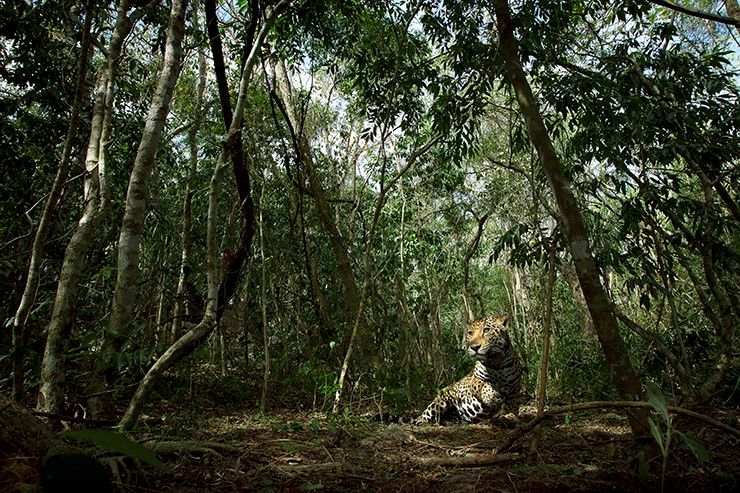
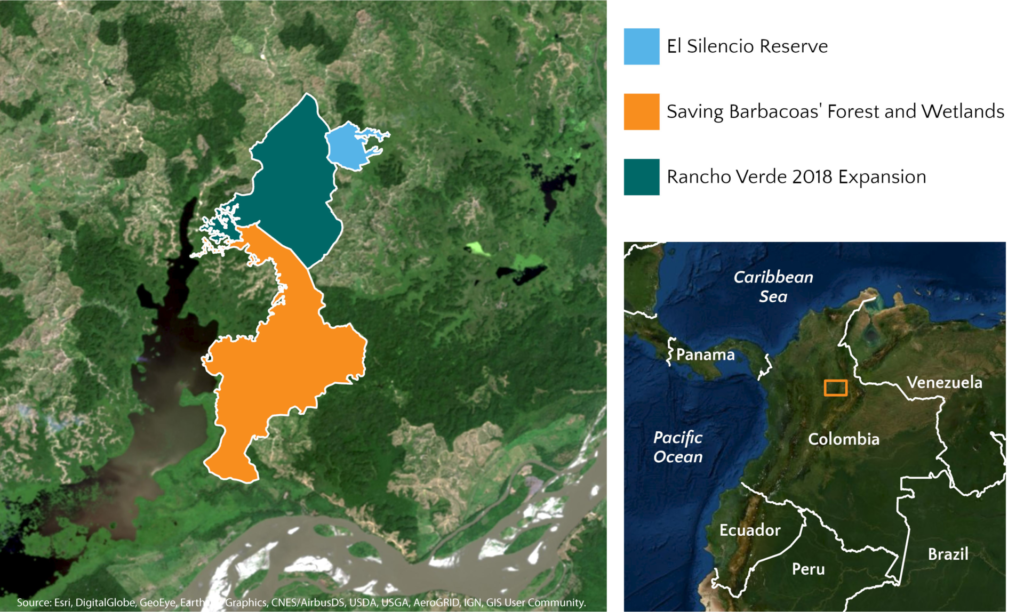
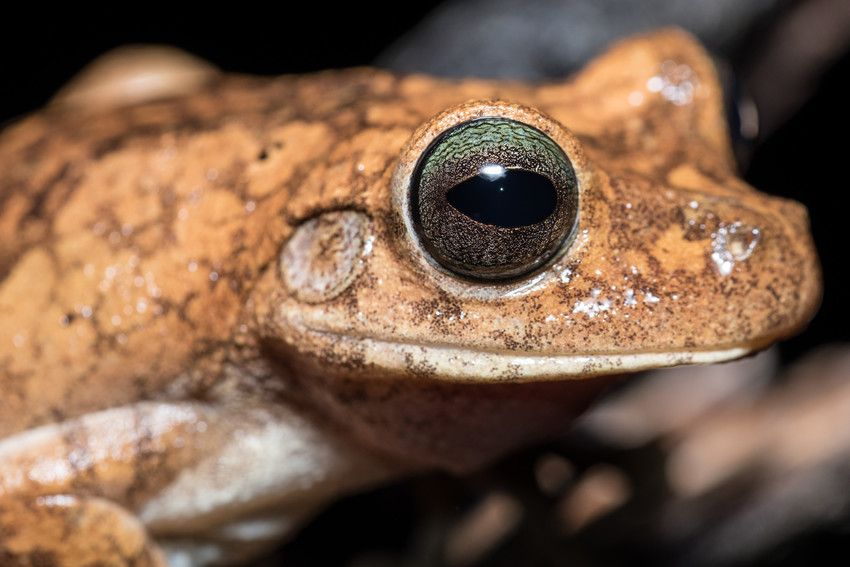 ©World Land Trust
©World Land Trust